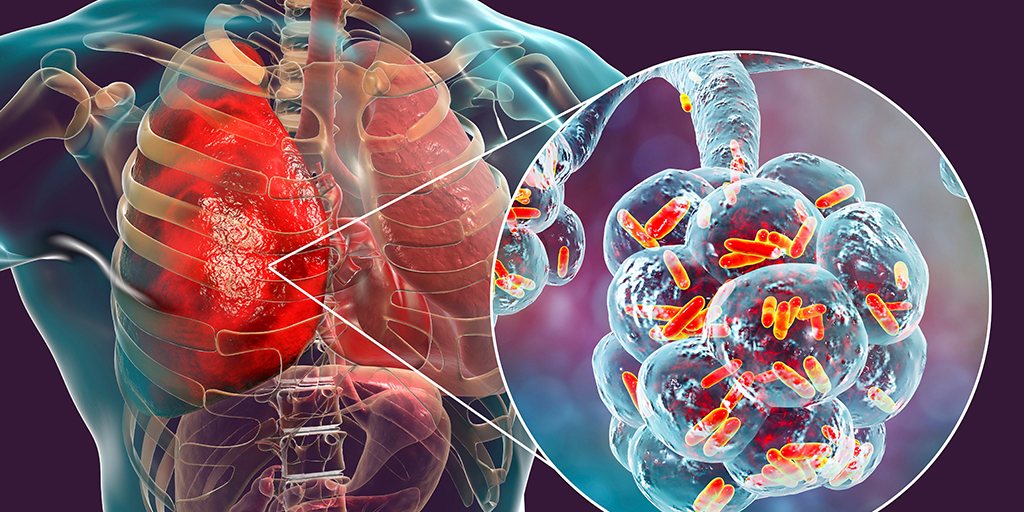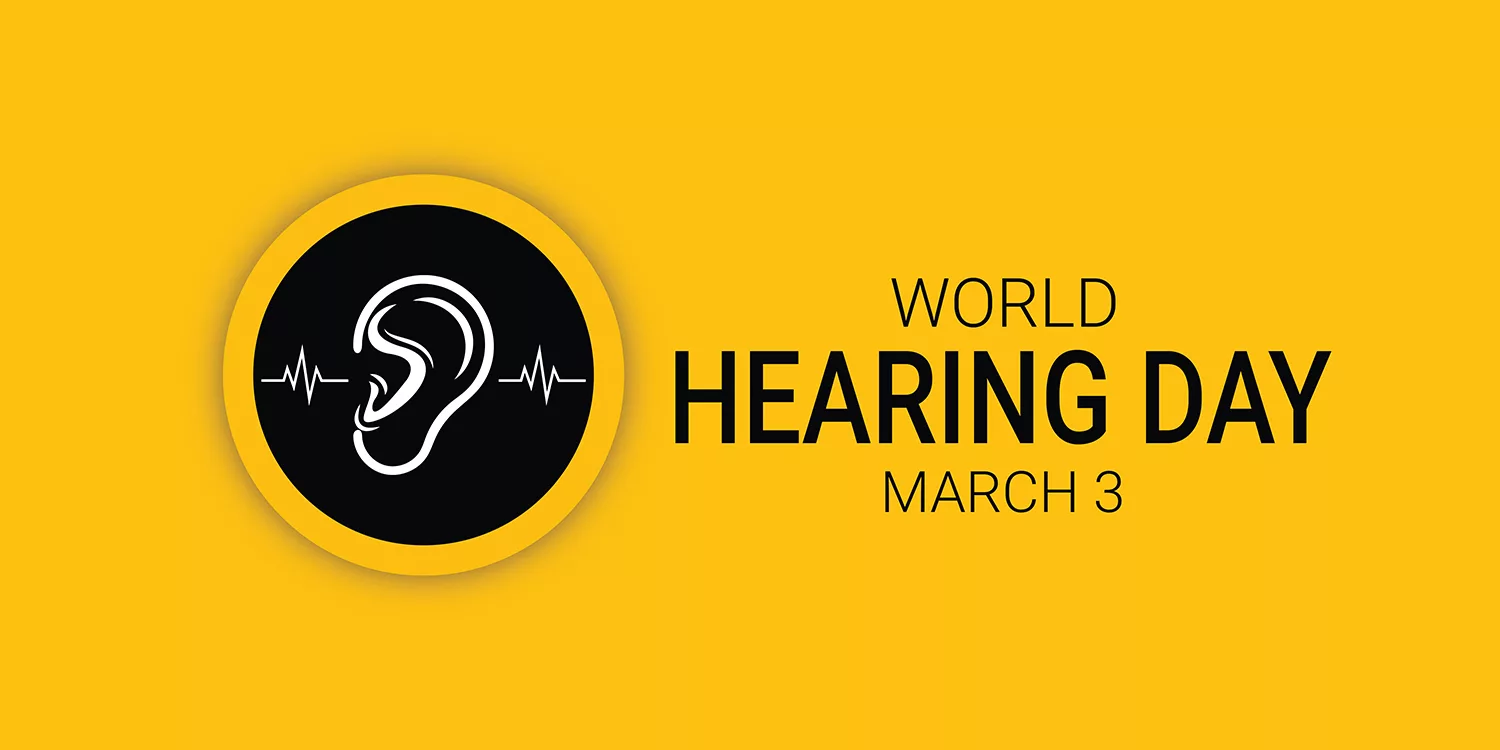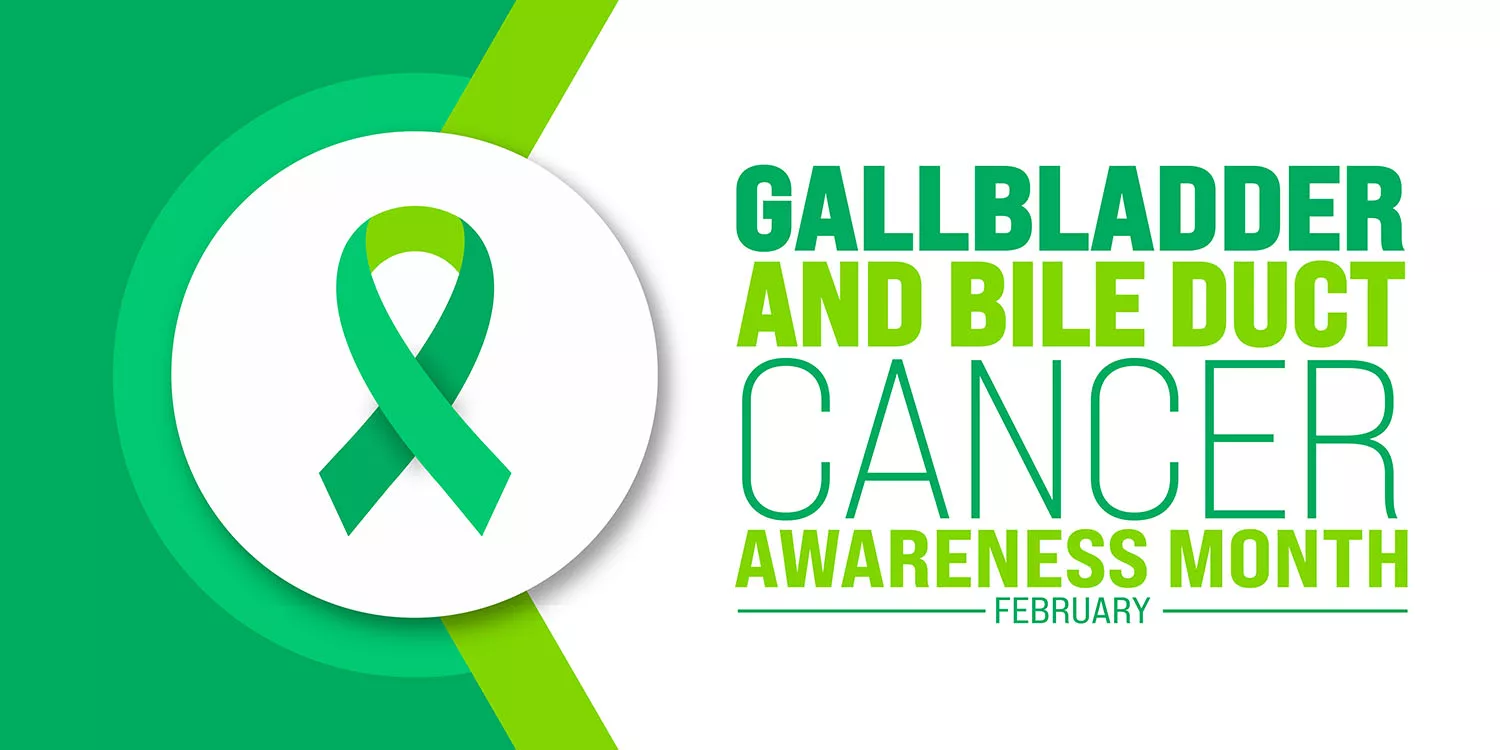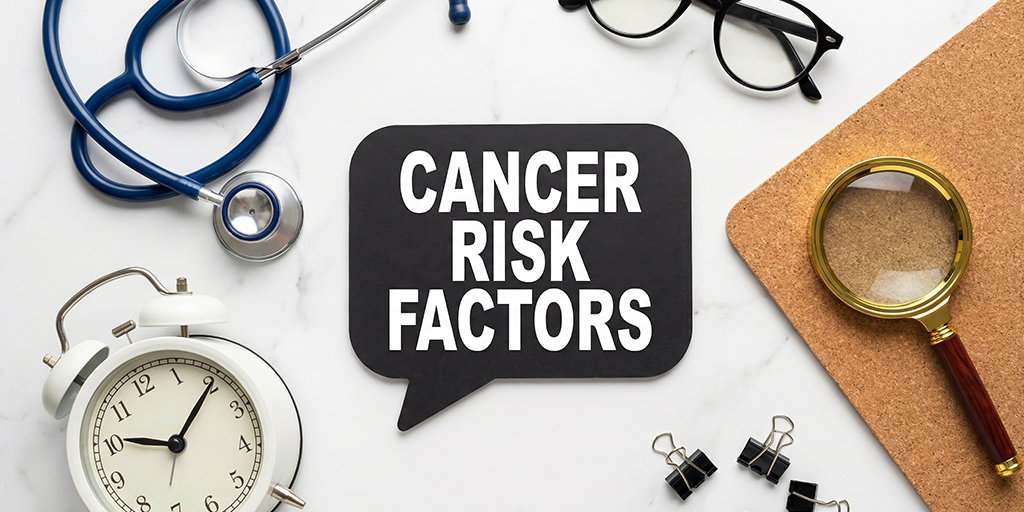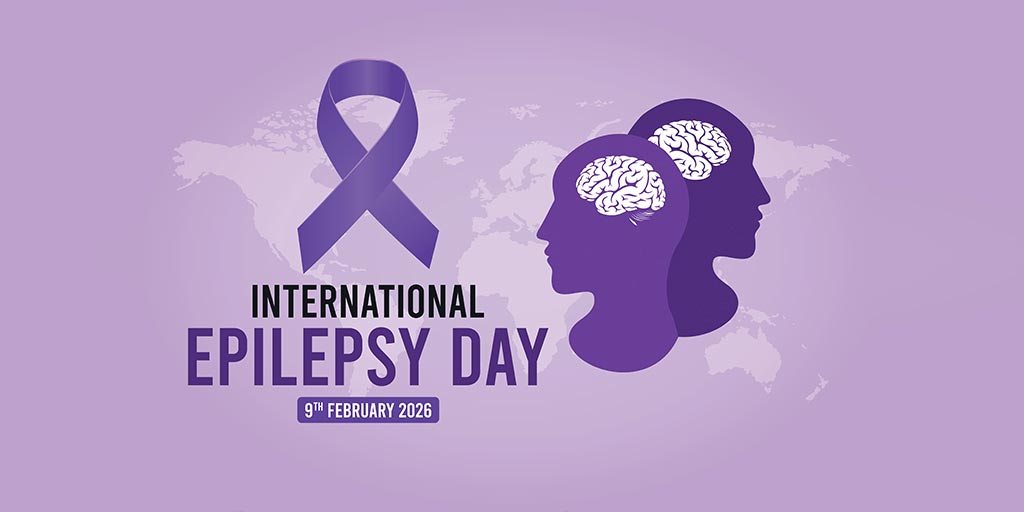Brain tumours are abnormal cell growths that develop in or around the brain, affecting both neurological function as well as overall health. At Graphic Era Hospital, we provide comprehensive brain tumour treatment through a collaborative approach involving expert neurosurgeons, neurologists, and oncologists. Whether benign or malignant, primary or metastatic, our team offers accurate diagnosis, advanced surgical interventions, and supportive therapies such as chemotherapy and radiotherapy. With advanced treatment and diagnostic technologies and integrated rehabilitation, we ensure effective brain tumour treatment with a strong emphasis on cognitive preservation and functional recovery.
When to Seek Brain Tumour Screening and Consultation
Brain tumours can present with a variety of symptoms, depending on their size, location, and rate of growth. Early recognition is crucial for timely diagnosis and treatment. Watch for the following warning signs:
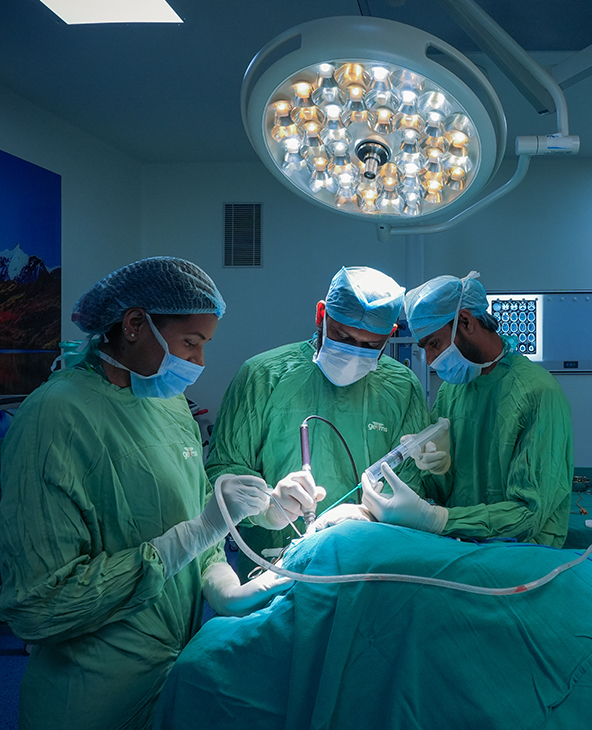
- Persistent or worsening headaches, especially in the morning
- Nausea or vomiting without other known cause
- Sudden changes in vision, such as blurred or double vision
- Unexplained weakness or numbness in limbs
- Difficulty with speech, memory, or concentration
- Seizures, especially in adults with no history of epilepsy
- Changes in personality, mood, or behaviour
- Problems with balance, coordination, or walking
- Hearing loss or ringing in the ears
- Symptoms that gradually become more frequent or severe
Things to Know Before Starting Brain Tumour Treatment
Before beginning treatment for a brain tumour, several factors must be considered to ensure safe and effective care. Key points to keep in mind include:
- Type of tumour (benign, malignant, primary, or metastatic)
- Exact location and size of the tumour within the brain
- Neurological impact and associated symptoms
- Patient’s age, overall health, and medical history
- Potential risks of surgery or radiation in critical brain areas
- Likelihood of complete or partial tumour removal
- Availability of non-surgical treatments such as chemotherapy or targeted therapy
- Need for post-treatment rehabilitation (physical, occupational, or speech therapy)
- Risk of recurrence or long-term monitoring requirements
- Emotional, psychological, and family support throughout the treatment journey
Brain Tumour Treatments Available at Graphic Era Hospital
Our multidisciplinary team offers advanced, individualised treatments for brain tumours based on the type, location, and progression of the disease. Treatment options include:
- Minimally Invasive Microsurgical Removal of Brain Tumours: Performed by skilled neurosurgeons using microscopic and image-guided techniques with Neuronavigation to safely excise tumours while preserving brain functions .
- Craniotomy for Brain Tumour Resection in children: An open microsurgical approach used for accessible tumours, enabling precise removal with minimal damage to surrounding tissue.
- Radiation Therapy: High-energy beams are used to destroy cancer cells or shrink tumours, especially in cases where surgery is not advisable.
- Chemotherapy and Targeted Therapies: Medical management using drugs to destroy or slow the growth of malignant brain tumours, including glioblastomas and metastatic lesions.
- Neuro-Rehabilitation Services: Post-treatment therapy including physiotherapy, speech therapy, and occupational support to help patients regain lost neurological function.
- Paediatric Brain Tumour Care: Specialised protocols tailored for children, focusing on gentle yet effective treatment to protect long-term development and cognition.
Advanced Imaging for Diagnosis and Monitoring: MRI, CT scans, and PET imaging for tumour detection, surgical planning, and tracking response to treatment.
Why Choose Graphic Era Hospital for Brain Tumour Treatment?
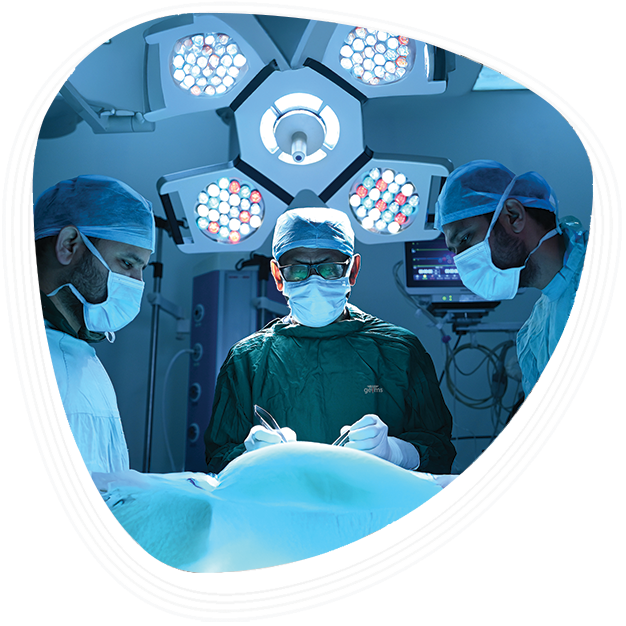
Specialised Brain Tumour Services Offered at Graphic Era Hospital
We provide a full spectrum of services to support patients through every stage of brain tumour diagnosis, treatment, and recovery.
Diagnostics and Evaluation
- High-resolution MRI, CT, pscans for accurate tumour identification
- Neurological examination and symptom assessment
- Image-guided biopsy for histopathological confirmation
- Electrophysiological testing (EEG, evoked potentials) for functional evaluation
Medical and Surgical Management
- Image-guided brain tumour surgeries and craniotomies
- Stereotactic / Frameless Navigation guided Brain biopsy
- Chemotherapy and targeted drug therapies for malignant tumours
- Radiation therapy using conformal and focused beam techniques
- Specialised care for glioblastomas and metastatic brain lesions
Neuro-Rehabilitation and Follow-Up Care
- Physiotherapy and occupational therapy for motor and cognitive recovery
- Speech therapy for patients with language or swallowing difficulties
- Emotional and psychological support for patients and caregivers
- Regular imaging and neurological check-ups to monitor recurrence
Paediatric and Specialised Neurology Support
- Child-focused care plans for paediatric brain tumours
- Collaboration between Paediatrician & Neonatalogist, Neurologists, Pedaitric Neurosurgeons , Oncologist, and rehabilitation experts.
- Genetic counselling and family guidance where applicable
Top Brain Tumour Treatments Available at Graphic Era Hospital
- High Precision image guided Guided Brain Tumour Surgery
- Endonasal Endoscopic Surgery with Neuro-navigation for Pituitary and Skull Base tumours
- Radiation Therapy& Stereotactic Radiosurgery
- Chemotherapy and Targeted Drug Therapies
- Neuro-Rehabilitation Programmes
- Paediatric Brain Tumour Management
- Image-Guided Biopsy and Diagnosis
Blog
Frequently Asked Questions (FAQs)
What is the first sign of a brain tumour?
Early signs may include persistent headaches, especially in the morning or worsening over time, along with nausea, vision problems, or changes in behaviour or memory.
Can a brain tumour be treated without surgery?
Yes, some brain tumours, especially if small or inoperable, may be managed with radiation therapy, chemotherapy, or targeted medications, depending on the tumour type.
What is the success rate of brain tumour treatment?
Success depends on the tumour’s type, size, location, and whether it is benign or malignant. Many benign tumours are curable, while advances in treatment have improved outcomes even in complex cases.
How long is recovery after brain tumour surgery?
Recovery time varies, but most patients stay in the hospital for a few days post-surgery and may require weeks to months of rehabilitation depending on neurological function.
Is a benign brain tumour life-threatening?
While benign tumours are non-cancerous, they can still be serious if they press on vital areas of the brain. Early diagnosis and appropriate treatment are essential.
What are the symptoms of a malignant brain tumour?
These present with a short history of few months to weeks and rapid-onset headaches, seizures, speech or vision changes, personality shifts, and weakness in the limbs.
Can lifestyle changes reduce the risk of brain tumour recurrence?
While not all brain tumours are preventable, maintaining a healthy lifestyle, avoiding smoking and unnecessary radiation exposure, and attending follow-ups can support long-term health.
How is a brain tumour diagnosed at Graphic Era Hospital?
Diagnosis involves neurological exams, high-resolution MRI with MR Spectroscopyor CT scan in the initial presentation . Fibre tracking and functional MRI studies are needed for operative planning for tumours located in highly sensitive areas of the brain.In some cases, stereotactic biopsy procedures for tumour are needed to establish the diagnosis
What are the latest advancements in brain tumour treatment?
Newer methods include image-guided minimally invasive surgery , targeted therapies, and Radiosurgery-precision radiation , all aimed at reducing side effects and improving recovery and offering a better quality life.
Can children get brain tumours?
Yes, brain tumours can occur in children. Our paediatric, neurosurgery and oncology teams offer child-centred treatment approaches to ensure safety and long-term outcomes.
What is glioblastoma and how is it treated?
Glioblastoma is an aggressive most malignant brain tumour. Treatment usually involves surgery, followed by radiation and chemotherapy to slow down progression and improve survival.
Are brain tumours hereditary?
Most brain tumours are not inherited. However, some rare genetic conditions may increase the risk. Genetic counselling may be advised in such cases.
What type of doctor treats brain tumours?
Brain tumours are treated by a team including neurosurgeons, neurologists, oncologists, and rehabilitation specialists depending on the tumour’s characteristics.
What is the difference between brain tumour and brain cancer?
“Brain tumour” refers to any abnormal growth in the brain: benign or malignant. “Brain cancer” specifically refers to malignant brain tumours that grow aggressively and can spread.

